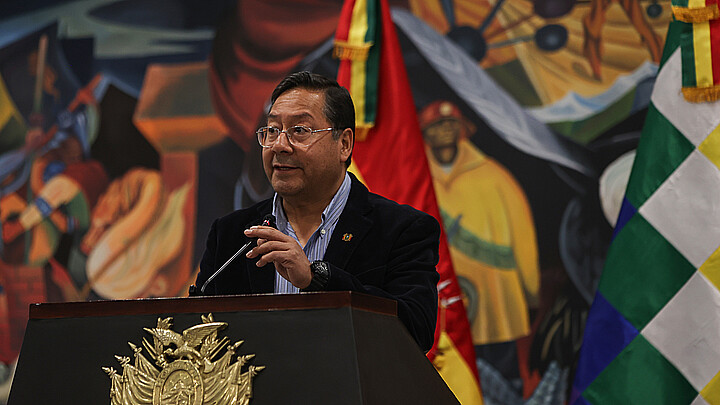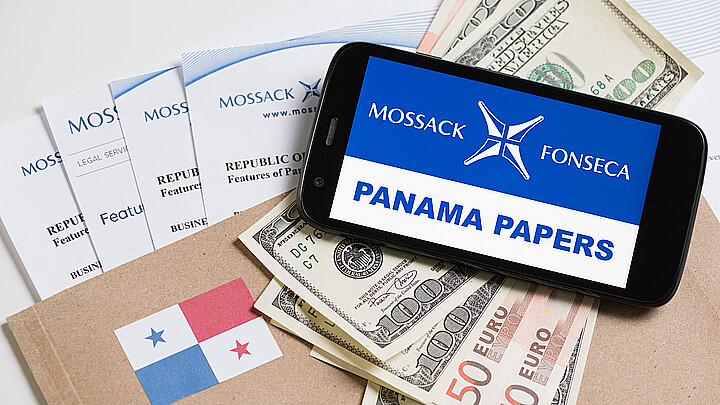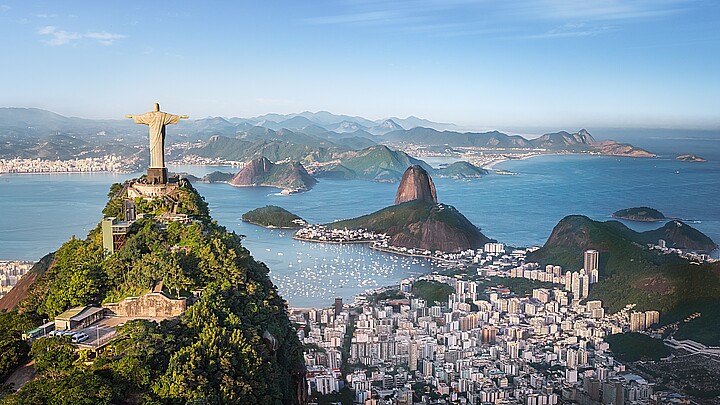Business
Harsh sanctions could hurt Moscow's Latin American allies
The West’s decision to bar 13 Russian banks from accessing the Swift network -- the global network that connects thousands of financial institutions around the world -- could ultimately provide the harshest blow
March 1, 2022 10:41am
Updated: March 1, 2022 1:42pm
As the United States and its Western allies continue to impose increasingly harsher sanctions on the Russian financial system in retaliation for the Kremlin’s illegal incursion into Ukraine, some analysts have warned that Moscow’s closest allies in Latin America – namely the socialist regimes in Cuba, Venezuela and Nicaragua – could suffer a financial blow due to their dependence on the Russian financial system to bypass their own international sanctions.
According to Antonio Maria Delgado at the Miami Herald, the West’s decision to bar 13 Russian banks from accessing the Swift network -- the global network that connects thousands of financial institutions around the world -- could ultimately provide the harshest blow.
In Latin America, this could mean serious trouble for Venezuela as many state-run companies began using Russian banks to make payments abroad after the Trump administration hit the Maduro regime with crippling international sanctions, Venezuelan economist and opposition deputy Jose Guerra noted.
“That means that if Petróleos de Venezuela, or any government entity, wants to make a payment to a European country through its Russian banks, now it cannot do so,” Guerra said.
Similarly, Guerra noted that the collapse of the ruble, which has lost around 30% of its value since Russia first invaded Ukraine last week, could mean trouble for Caracas if the government sees itself forced to exchange funds they hold in rubles into hard currency in an attempt to move their funds to more stable places.
But U.S. National Security Council Director for Western Hemisphere Affairs Juan Gonzalez noted that sanctions could also hurt Cuba and Nicaragua, both of which also depend on Russian banks in order to conduct international business.
“The sanctions on Russia are so robust that they will have an impact on those governments that have economic affiliations with Russia, and that is by design,” González said in an interview with the Voice of America. “So Venezuela is going to start to feel that pressure, Nicaragua is going to start to feel that pressure, just like Cuba.”
Unfortunately for Latin America, however, it’s not just Russia’s socialist allies who stand to suffer from Russia’s war on its southern neighbor. According to international trade expert Aaron Rodriguez, Russia’s role in global energy markets will put even more upward pressure on oil and natural gas prices, which could ultimately increase upward price pressures on transportation, industry and electricity generation.
“Russia is one of the world’s largest oil producers and has the largest natural gas reserves globally. Hence its strategic importance, especially for Europe, due to that continent’s high dependence on its gas supply, which is accentuated in the northern winter months. However, Latin America is also suffering the effects of fuel price hikes, with increases in local gasoline and gas prices,” he said.
As Latin America continues to face historically high levels of inflation, this could mean serious problems for the region as it continues to crawl out of the COVID-19 induced economic crisis.
Similarly, the region’s dependence on Russian and Ukrainian wheat could also mean rising food prices.
All in all, the ongoing conflict in Eastern Europe could negatively affect global economic activity – imposing recessionary and disinflationary effects in the medium term. Thousands of miles away from the front lines, the Western hemisphere’s economic stability appears to be in the crosshairs.










